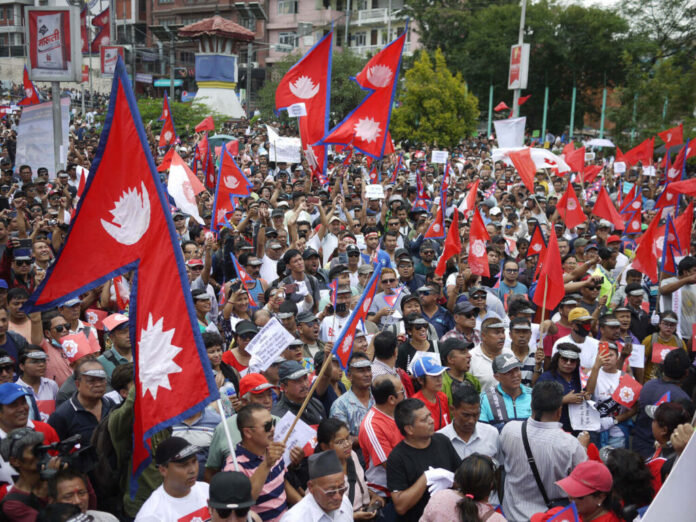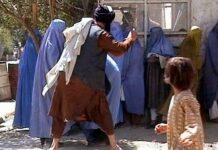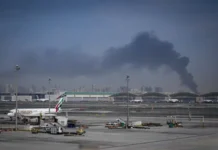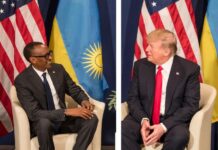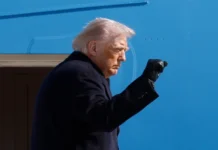By Michelle Ndaga
Anti-corruption protests in Nepal continued on Tuesday despite a government-imposed curfew, as thousands of young demonstrators took to the streets demanding accountability and an end to political graft.
The unrest, largely driven by Generation Z activists, erupted after the government banned 26 major social media platforms—including Facebook, Instagram, X, YouTube, and WhatsApp over compliance issues. The move sparked widespread outrage, with critics calling it an attempt to silence dissent.
Clashes between protesters and security forces have turned deadly in recent days, leaving at least 19 people dead and more than 200 injured.
Police deployed tear gas, rubber bullets, and water cannons to disperse crowds attempting to breach restricted areas near Parliament and government offices.
In response to mounting pressure, Prime Minister K.P. Sharma Oli’s administration announced the lifting of the social media ban following an emergency cabinet meeting.
Officials also pledged compensation for victims’ families, free medical care for the injured, and an independent probe into the violence.
The crisis has already claimed political casualties, with Home Minister Ramesh Lekhak resigning over the government’s handling of the protests. Rights groups and the United Nations have condemned the excessive use of force and urged authorities to respect citizens’ right to peaceful assembly.









